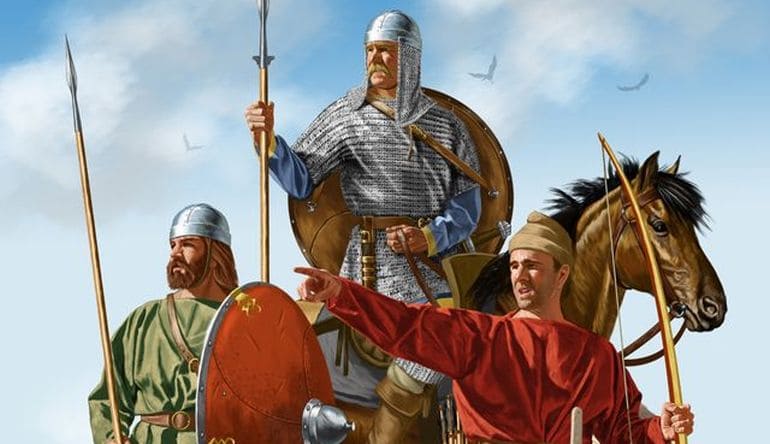One of the craziest points of history/ethnology is & will remain to me that a Celtic language was at one pointed spoken in the central regions of what is now Turkey. They were the Galatians of Epistle-fame
Not only that, but their language may have survived longer than Gaulish

Not only that, but their language may have survived longer than Gaulish


Their place-names included things such as Drunemeton, which shares a root with the word 'Druid', and Acitorigiaco, 'Settlement of Acitorix', to which a more classically Gaulish-sounding name can hardly be mustered.
For a time, the Galatians ruled Ankara.
For a time, the Galatians ruled Ankara.

One of the first peoples to be Christianised, the Galatians had prior to this fought the Galatian War, wherein they allied with the Greek state of Pergamon against the expanding Rome. Probably the Celts are the only ppl of Northwestern Europe to appear in the Bible. 

The Galatians did not much assimilate with the locals, at least not for the first few centuries. Establishing themselves in fortified farms and settlements, their rule was enforced by warrior-bands likely analogous to the Dark Age Brythonic institution of the Teulu. 



The famous Hellenistic statue of the Dying Gaul, a portrayal of a mortally wounded Gallic warrior, wrought in marble, is also termed the Dying Galatian, and was in fact most likely commissioned King Attalus I of Pergamon to celebrate his victory over the Galatians. 

• • •
Missing some Tweet in this thread? You can try to
force a refresh






















